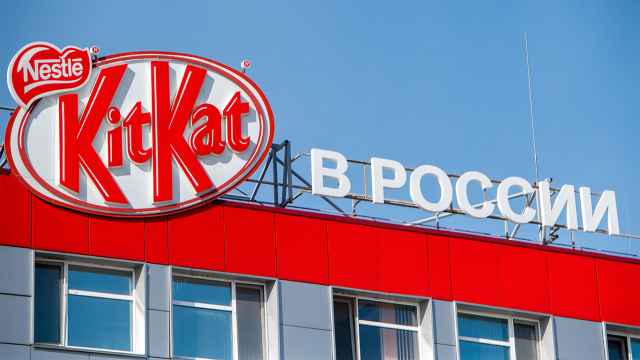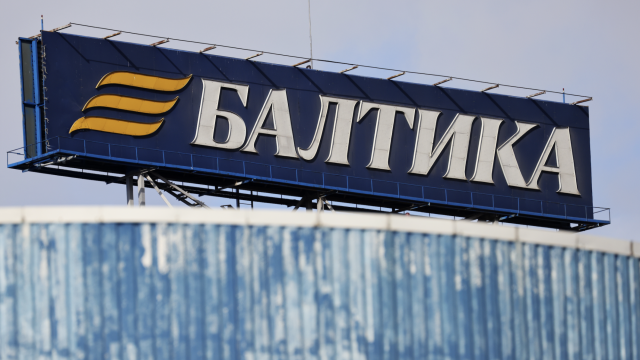One of Russia's "big four" operators MobileTeleSystems (MTS) is considering the acquisition of 36 percent of the so-called “Russian Netflix,” online cinema provider ivi, for 20 billion rubles ($309million), the RBC news website reported, citing unnamed sources.
The news confirms that the "rush to create the Russian Netflix has intensified", Sberbank CIB commented, adding that internet major Yandex has also expanded its video content services portfolio.
Since its launch in 2009, ivi.ru — known just as “Ivy” in Russia — has rapidly became the country's main site for watching movies legally. Revenues have doubled every year and the company is widely seen as a candidate for an eventual billion-dollar IPO in the not too distant future.
"We are positioned in the movie business and closer to Netflix than [US online TV broadcaster] Hulu, but we also have some TV shows, music and a kids' portal. But movies are our main thing," Oleg Tumanov, CEO and chairman of ivi.ru, said in a rare and exclusive interview with bne IntelliNews in 2013.
The company has come on in leaps and bounds since then. It posted a 62 percent year-on-year increase in revenues to 3.94 billion rubles in 2018, outgrowing a market that expanded by 45 percent. Some 70 percent of ivi’s revenue comes from user payments, which is the top growing category for the company, with 87 percent year-on-year gain, with the remainder being mostly ad revenue.

For MTS, ivi could be a valuable addition to its non-mobile portfolio of services, continuing non-core acquisitions such as ticket services Ticketland.ru and Ponominalu.ru, Sberbank said.
The ivi deal "would be in line with MTS's strategy for strengthening its expertise in adjacent areas via acquisitions," BCS Global Markets said, seeing the 20 billion rubleprice tag suggesting 5 times 2018 revenue as reasonable.
At the same time, the deal could pressure MTS's free cash flow, Sberbank warned, pointing out a similar pattern already seen as a result of the operator's mergers and acquisitions activity in 2018.
MTS posted strong revenue growth under international financial reporting standards in the fourth quarter of 2018, with the top line, earnings, and bottom line all coming in above the consensus expectations. The company managed to keep its mobile service revenue in Russia growing, despite facing a full quarter of intra-country roaming cancellation.
Russia’s media market in general is growing fast, driven by the burgeoning e-commerce sector. The media market expanded by 12 percent year-on-year to 468.7 billion rubles in 2018, according to estimates from the Association of Russian Advertisers (AKAR), VTB Capital (VTBC) said in a note on March 11.
AKAR has revised its approach to presenting Russian media market estimates. As many media market players distribute their content via different mediums, AKAR has decided to break down the market estimates by content type.
According to AKAR’s new approach, the internet services segment showed the fastest growth, rising 22 percent to account for 38 percent of the market in 2018.MT
This article first appeared in bne IntelliNews.
A Message from The Moscow Times:
Dear readers,
We are facing unprecedented challenges. Russia's Prosecutor General's Office has designated The Moscow Times as an "undesirable" organization, criminalizing our work and putting our staff at risk of prosecution. This follows our earlier unjust labeling as a "foreign agent."
These actions are direct attempts to silence independent journalism in Russia. The authorities claim our work "discredits the decisions of the Russian leadership." We see things differently: we strive to provide accurate, unbiased reporting on Russia.
We, the journalists of The Moscow Times, refuse to be silenced. But to continue our work, we need your help.
Your support, no matter how small, makes a world of difference. If you can, please support us monthly starting from just $2. It's quick to set up, and every contribution makes a significant impact.
By supporting The Moscow Times, you're defending open, independent journalism in the face of repression. Thank you for standing with us.
Remind me later.






